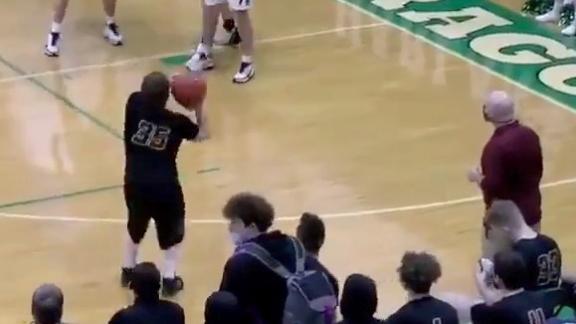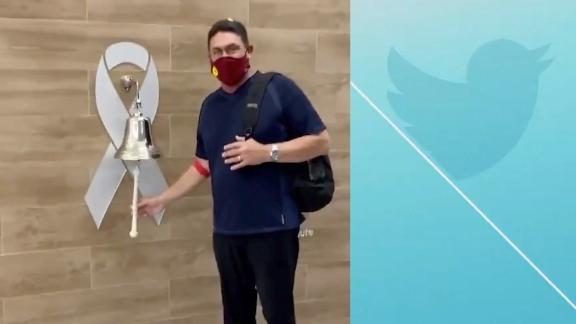Today's winners in Stats & Analytics:
James Jones, Leonard Pope, predictable irrationalityToday's losers:
Jay Cutler, Ravens, DolphinsCould the fate of our nation's health care, immigration policy and arms control treaties be riding on the right arm of Colin Kaepernick? Maybe, just maybe.
BCS poll rankings and Heisman Trophy ballots aren't the only outcomes at stake in top college games the last weekend in October. It turns out that our favorite teams influence how we vote in the real world, according to a recent study by Andrew Healy, an economist at Loyola Marymount, Neil Malhotra, a political scientist at the University of Pennsylvania and Cecila Hyunjung Mo of Stanford Business School. And as you're probably aware, on Tuesday Americans will choose 37 governors, 37 U.S. senators and 435 members of the House of Representatives.
Turns out, college football wins help politicians who already hold office, apparently because happy voters are more likely to support the status quo. The researchers found that from 1964 to 2008, incumbent pols gained 1.05 to 1.47 percentage points in elections that took place within two weeks after a win by a local team. The jump was even bigger -- 2.30 to 2.42 points -- after victories by teams with championship pedigrees or high attendance, like BCS squads.
This may seem crazy if you're used to thinking about voting as a rational exercise. But as the study says, "Events that government had nothing to do with, but that affect voters' sense of well-being, can affect the decisions that they make on Election Day."
As if Homecoming weren't important enough already!
This year, the football effect could be especially important, because incumbents are locked in tight, and in many cases, ugly fights all across the country -- contests whose tilt could change if a few touchdowns in the right places mollify anti-establishment anger by just a percentage point or two.
So which games this weekend are most likely to alter the course of Western civilization?




